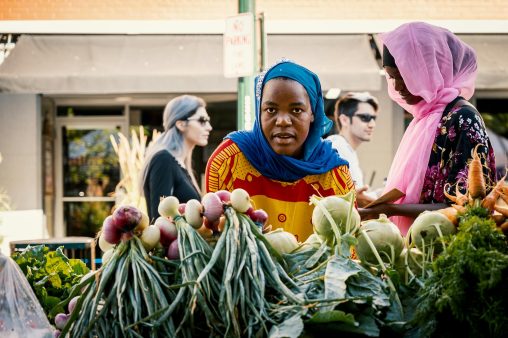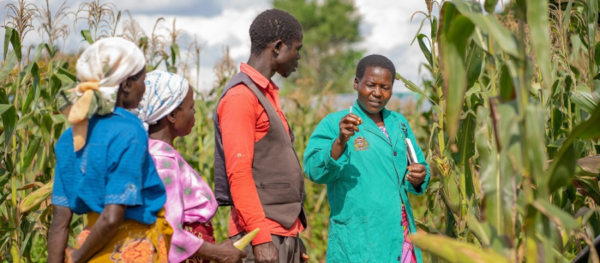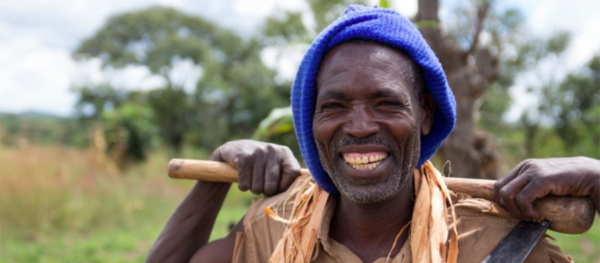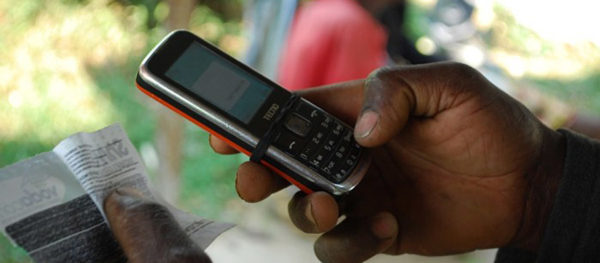Tag: agribusiness

Women Agripreneurs Need Gender-Responsive Interventions
Global: Promoting women’s engagement in agribusiness can be an important factor in their empowerment. Learn how from a new CGIAR Gender Impact Platform evidence explainer.
Read MoreA Double Win: Revolutionising African Agriculture to Empower Youth and Sustain the Continent’s Development
Africa & Middle East: An African agricultural revolution can not only help advance the continent’s development progress, but it can also solve the growing challenge of youth unemployment, especially in rural areas.
Read MoreConserving Africa’s Precious Resource Base While Fighting Hunger
Africa & Middle East: Sustainable farming is crucial for preserving Africa's environment.
Read MoreDennis Odera: Providing Information, The Cornerstone of Agribusiness
Africa & Middle East: WeFarm's Africa Business Co-ordinator outlines the latest SMS information service for remote farmers with no internet access.
Read MoreThe Tech Bridging the Farmer Finance Gap
Africa & Middle East: Co-founder of Umati Captial discusses the financing challenges Kenyan agribusinesses face and how his team has arrived at a solution.
Read MoreProviding Working Capital for African Agribusinesses
Africa & Middle East: AgDevCo discusses approaches for financing the "missing middle" of African agribusinesses.
Read More





